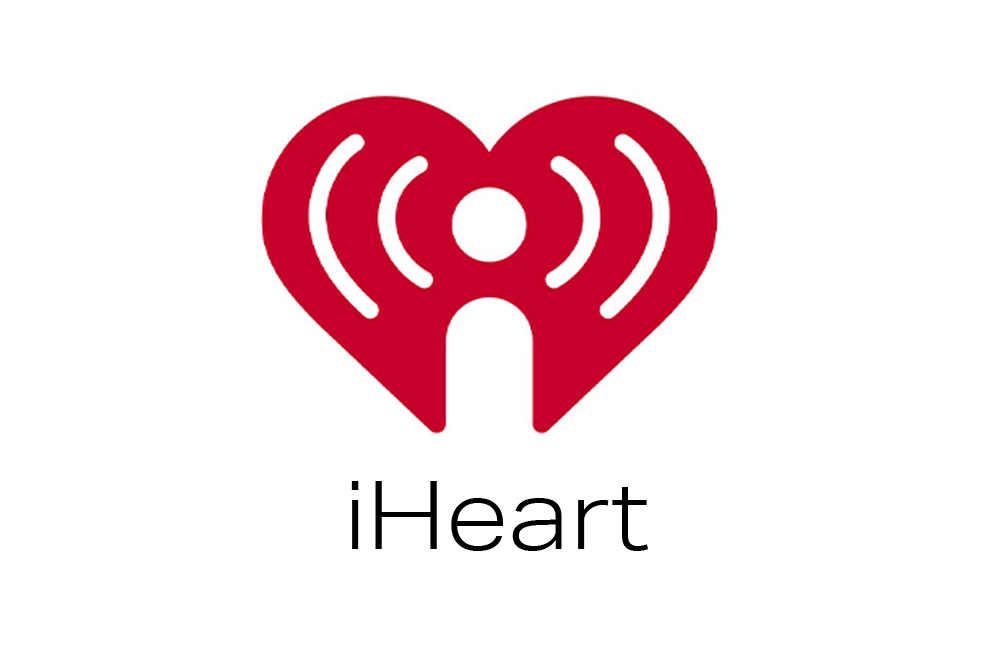For individuals and families choosing an alternative path to managing their healthcare, understanding the difference between Christian health share programs and traditional insurance is an important consideration. In this blog, we’ll explore how each model works, where they differ, and why more people are turning to health share programs as a simpler, more cost-effective alternative.
Insurance: A Contractual System
Traditional insurance is built around a legal contract. Members pay monthly premiums, meet deductibles, and submit claims. In return, the insurance company is legally responsible for covering the costs as outlined in the policy. While this model provides certainty, it often comes with complex rules, confusing fine print, and rising costs that leave many people feeling lost and frustrated.
Health Share Programs: A Community Approach
Christian Health share programs take a different approach. Instead of entering into a contract with an insurance company, members join a nonprofit community that shares one another’s eligible medical needs. Each member contributes a set monthly amount, which is used to help cover medical expenses when needed.
The goal isn’t profit, but partnership. Members support each other in a way that is transparent, values-driven, and often much more affordable than traditional systems. For Christians, there’s the added encouragement of aligning healthcare with faith and shared values.
Key Differences at a Glance
- Monthly contributions vs. premiums: Contributions are directed into a community pool rather than an insurance company.
- Annual Member Care Share (AMCS) vs. deductibles: A clear amount you commit to upfront before eligible expenses are shared.
- Community-driven support vs. corporate policies: Members choose to help one another, creating a sense of belonging and shared responsibility.
- Focus on holistic wellness, not just treatment: Many programs include preventive care, mental health, and lifestyle perks to help members live happier, healthier lives.
Who Health Share Programs Appeal To
People often consider health share programs when they:
- Want a simpler, more transparent way to manage healthcare.
- Feel burdened by the rising costs of traditional insurance.
- Work freelance, are self-employed, or early retired.
- Value being part of a like-minded, faith-based community.
While not every medical situation may be eligible, Christian Health Share programs can be a meaningful choice for those who prioritize affordability, wellness, and community support.
The WeShare Difference
WeShare by UHSM is a Christian health sharing ministry designed to make healthcare feel clear, connected, and supportive. Members have access to one of the largest provider networks in the country – over 1.2 million doctors and 68,000 pharmacies – plus telehealth services, counseling through BetterHelp, and wellness perks like Noom and HelloFresh.
With programs starting at $119 per month, WeShare offers flexibility to match different needs and budgets to keep the focus on what matters most: caring for one another in times of need.
Health share programs and insurance are not the same, and that’s the whole point. One is built around corporate contracts and profit, while the other is shaped by community, faith, and a shared commitment to health and caring for one another. If you’re looking for an alternative to traditional insurance, explore WeShare’s programs to take the first step toward a simpler and more supportive way to manage your health.





